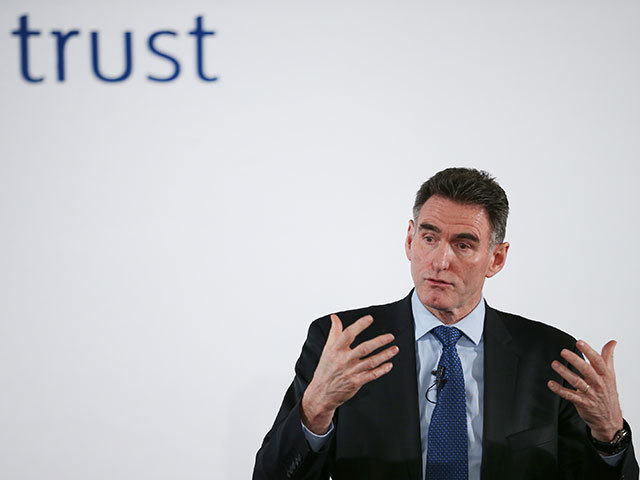
Royal Bank of Scotland today said a review by law firm Clifford Chance had found no evidence that it set out to defraud small business customers.
The independent report was commissioned following allegations by businessman Lawrence Tomlinson – entrepreneur in residence at the Department for Business, Innovation and Skills – that it pushed firms towards collapse in order to buy back their assets at rock-bottom prices.
Clifford Chance interviewed 138 small business customers, 45 employees and reviewed 130 files, comprising 400,000 pages and 1,200 documents.
The claims in Mr Tomlinson’s report alleged that firms not necessarily in immediate financial distress are “engineered” into its Global Restructuring Group, sometimes through small technical breaches of loan terms.
They are then hit with exorbitant rates and fees, which in some cases cause them to collapse, allowing RBS to buy their property and assets on the cheap for the benefit of its West Register property arm.
RBS chief executive Ross McEwan said the allegation that it set out to deliberately defraud business customers had a “profound effect” on the bank and the work of its restructuring team.
He added: “We could not let this allegation hang over us. That’s why we acted quickly to appoint Clifford Chance to get to the truth of this claim. We are determined to earn back the trust of our customers.”
RBS said it will continue to cooperate with an ongoing review by the Financial Conduct Authority into how the bank works with distressed businesses.
The state-backed bank has also announced a number of initiatives to help its business customers when they get into financial difficulty.
Mr McEwan added: “Following the reckless lending that led up to the financial crisis, the bank’s shareholders and customers lost billions of pounds on bad loans.
“The bank, through its restructuring team, helped minimise those losses where it could, successfully turning round thousands of businesses, safeguarding hundreds of thousands of jobs.
“This required the bank to make incredibly difficult decisions, but our first priority then and now is to try and help our customers recover.”
Recommended for you
